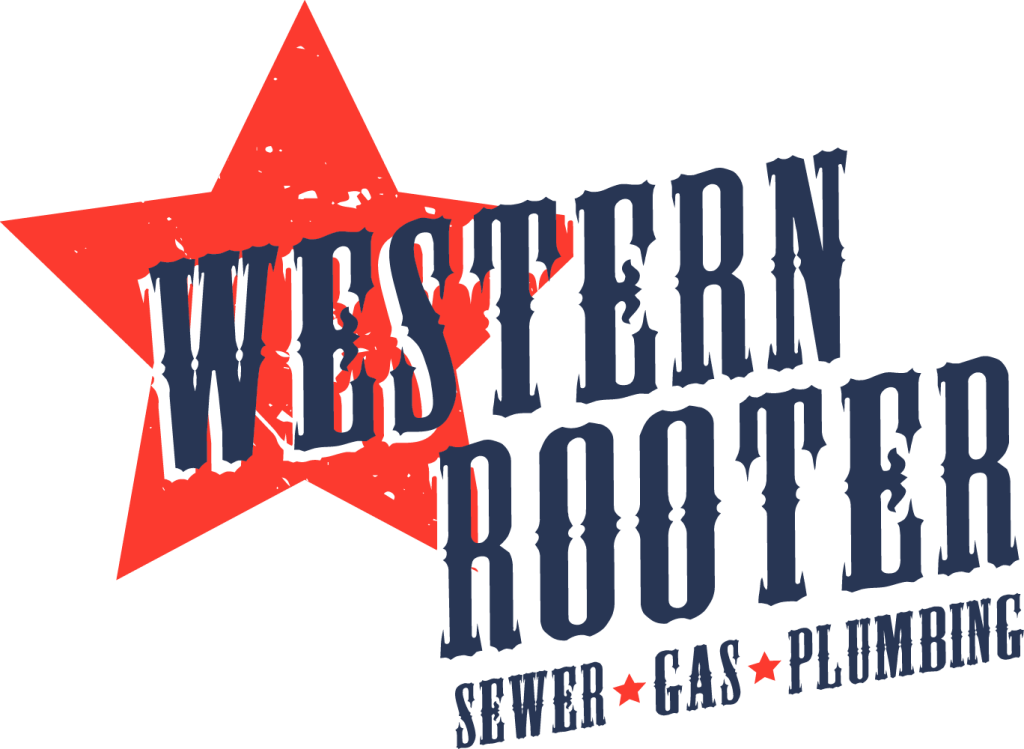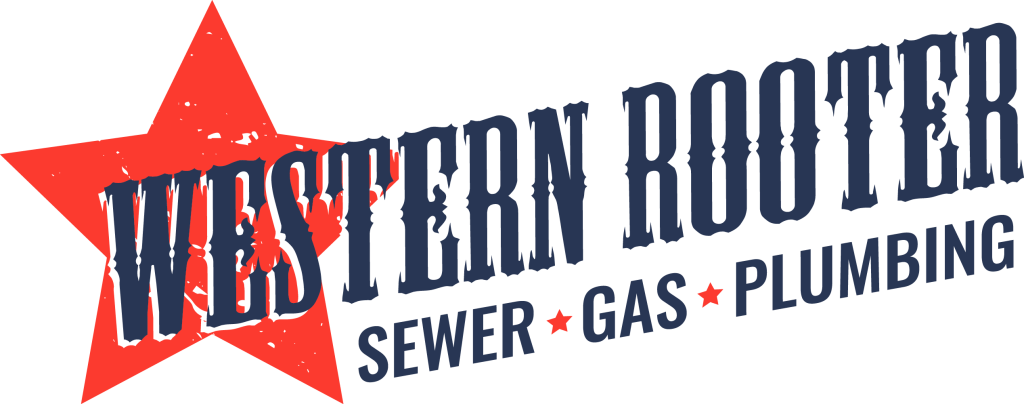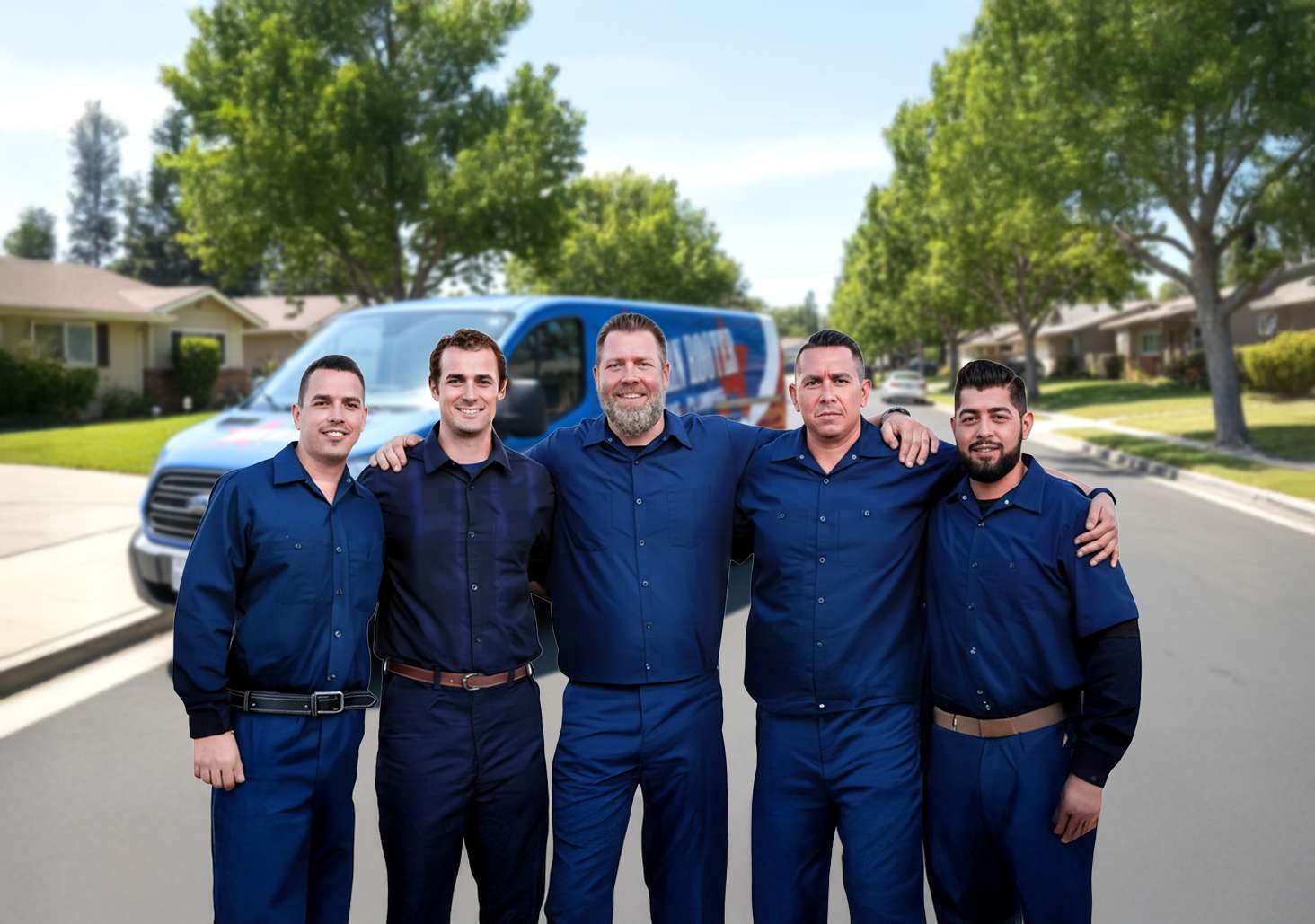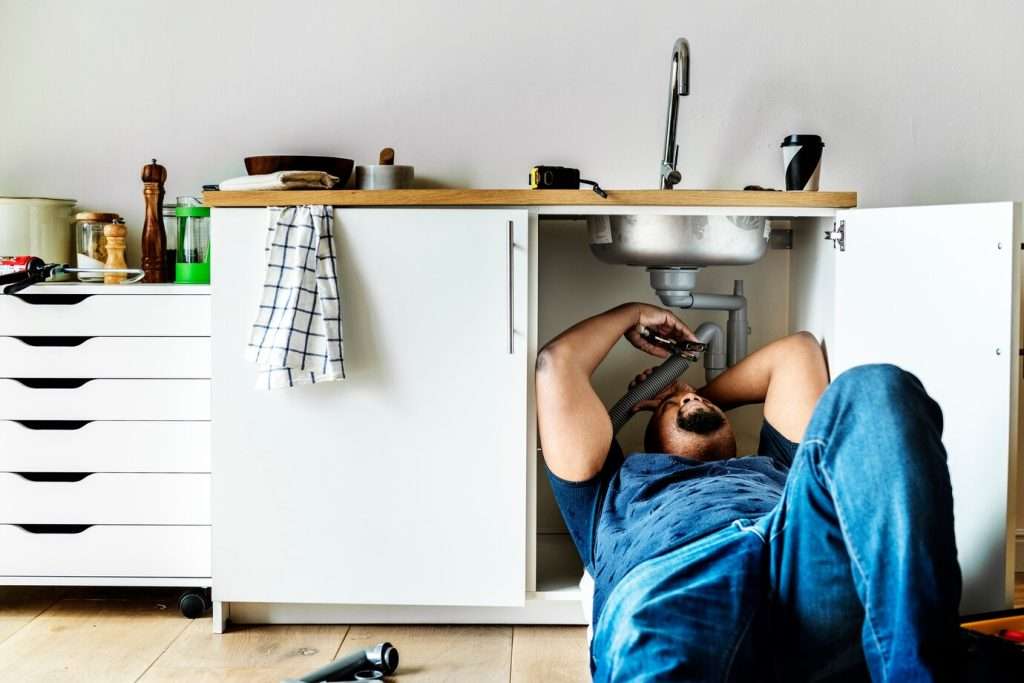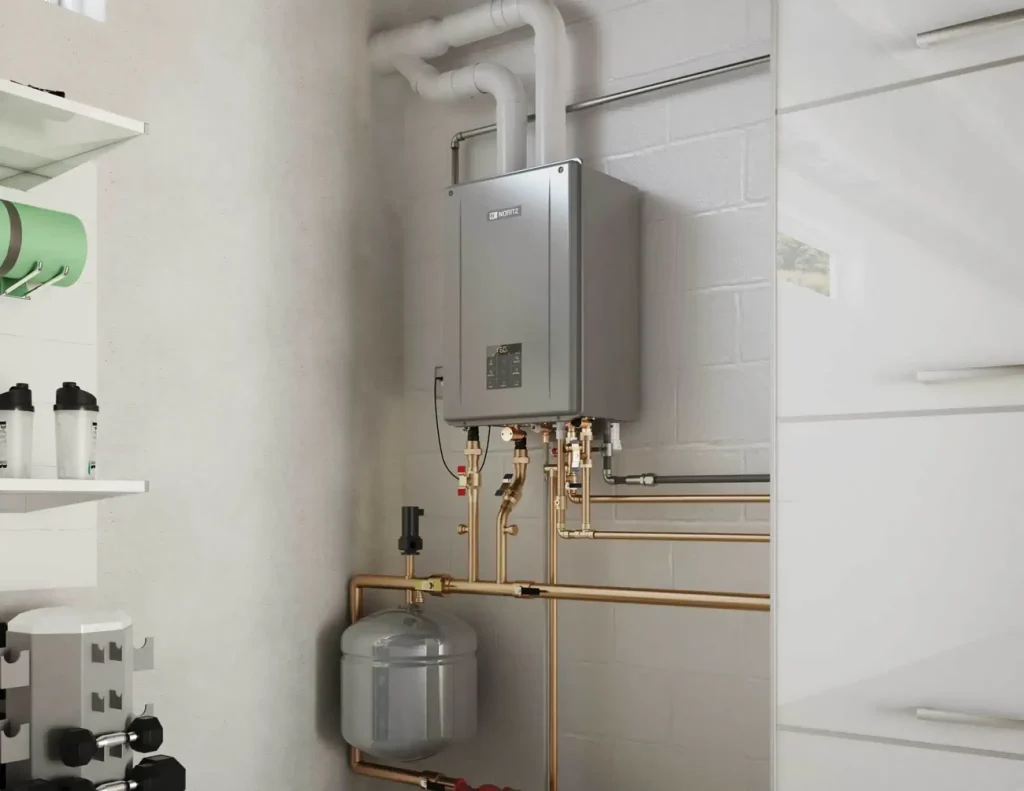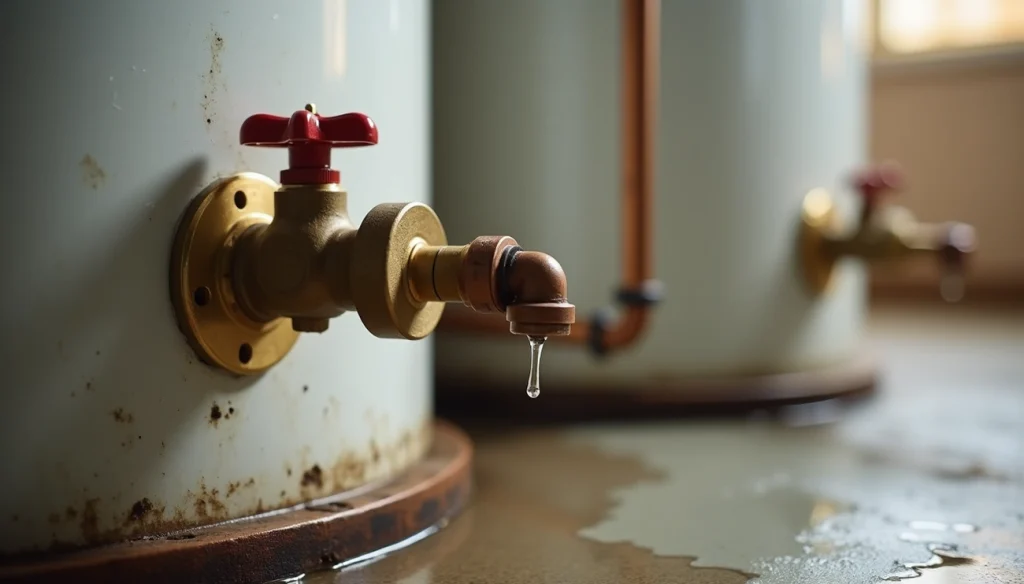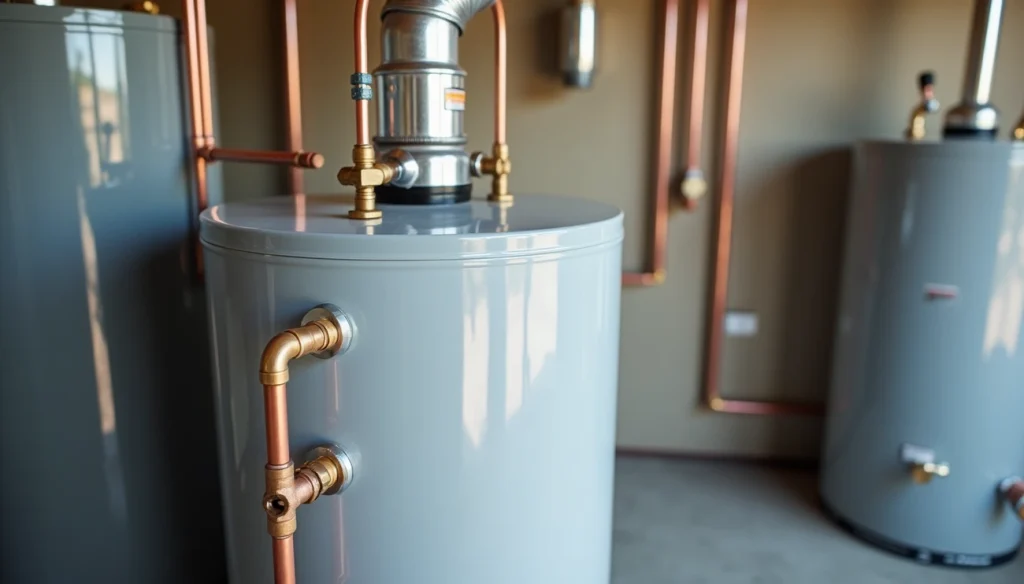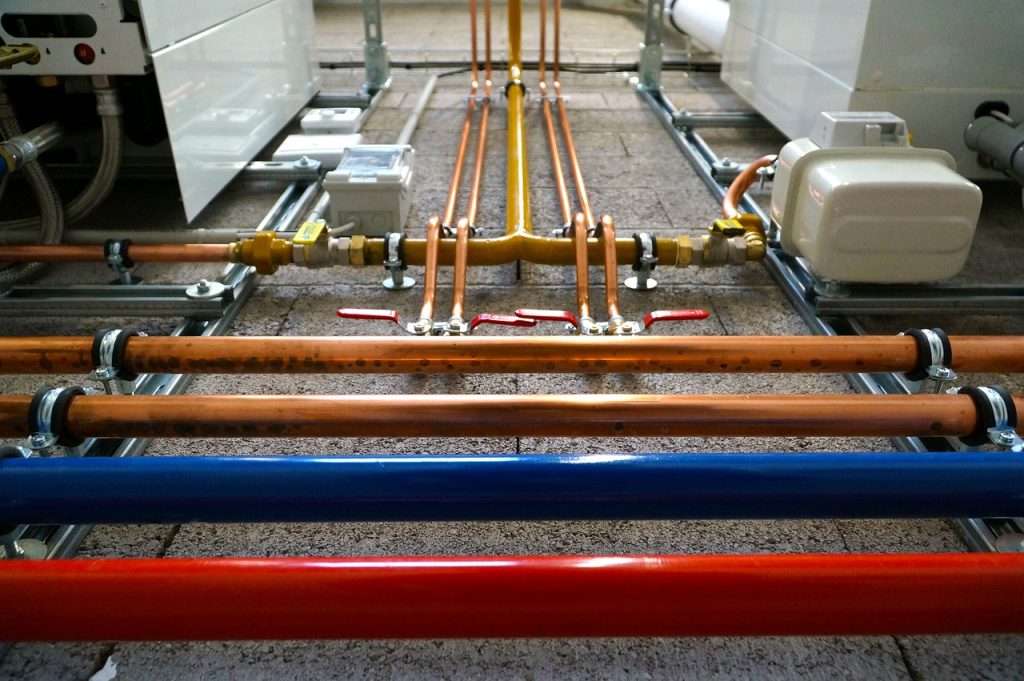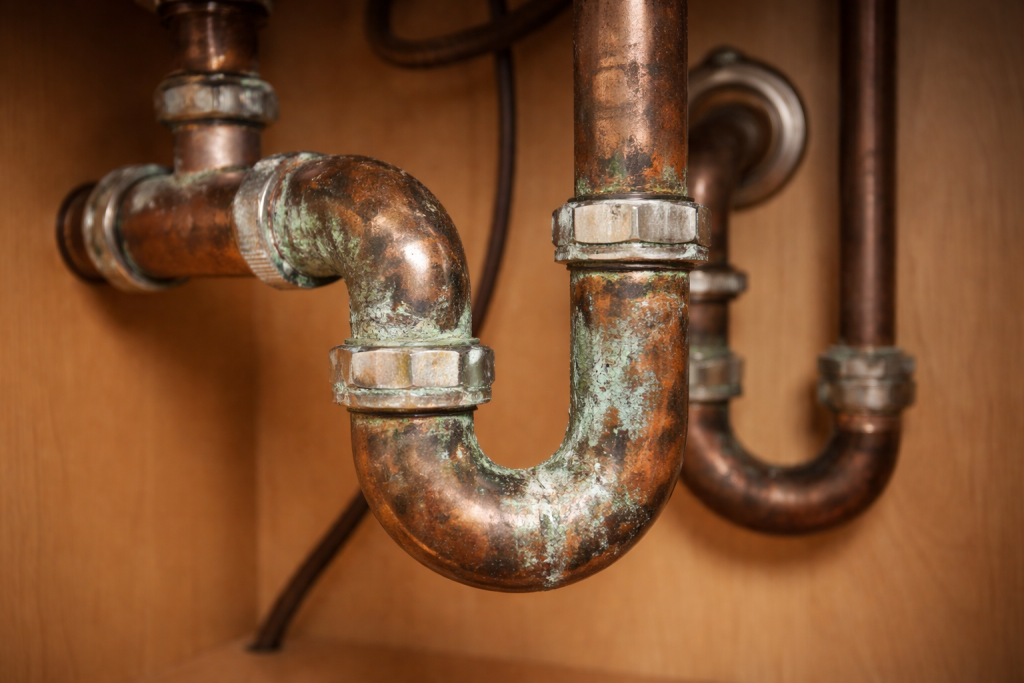If you find your main sewer line keep clogging up often, it can be caused by tree roots, grease/fat buildup, foreign objects, scale build-up, or pipe corrosion. Have a plumber inspect to determine cause & recommend solution.
Your main sewer line is an essential component of your plumbing system, as it’s responsible for carrying all of the waste water from your home to the city sewer system or septic tank. When it becomes clogged, it can cause a range of serious problems, including backups and overflows, unpleasant odors, and even structural damage to your home. Clogs in the main sewer line are not only inconvenient but can also be costly to repair if not addressed promptly. Understanding the common causes of clogs can help you prevent them and keep your sewer line flowing freely, so you don’t have to ask yourself, “why does my main sewer line keep clogging?”
Main Sewer Line Keep Clogging Common Causes

Tree roots: One of the most common causes of clogs in the main sewer line is tree roots. Trees are naturally attracted to the moisture in the pipes and can grow into them, causing blockages. This is particularly common in older pipes that have cracks or breaks, which allow the roots to enter the pipes. If left unchecked, the roots can cause significant damage to the pipes, leading to leaks and even complete collapse. If you have trees near your sewer line, it’s important to have a professional plumber inspect the pipes regularly to ensure that the roots are not causing problems.

Grease and fat buildup: Another common cause of clogs in the main sewer line is grease and fat buildup. When these substances are poured down the drain, they can solidify and stick to the inside of the pipes, creating a blockage that reduces the flow of waste water and causes backups. To prevent grease and fat buildup, it’s important to avoid pouring these substances down the drain and instead dispose of them in the trash. Additionally, it’s a good idea to use a grease trap in your kitchen sink to catch any grease before it enters the pipes.
Foreign objects: Wet wipes, feminine hygiene products, toys, and other foreign objects can also get stuck in the pipes and cause clogs. It’s important to only flush toilet paper and human waste down the toilet to avoid these types of clogs. Installing drain screens in your sinks and shower drains can also help prevent larger objects from entering the pipes.

Scale buildup: Over time, minerals in your water supply can accumulate inside the pipes, creating a thick layer of scale that reduces the diameter of the pipes and makes it more difficult for waste water to flow through. This can lead to clogs and backups. To prevent scale buildup, it’s important to install a water softener or a descaler, which will remove the minerals from your water before they can accumulate in your pipes.
Pipe corrosion: If your pipes are old or made of metal, they may be corroding and breaking down, which can cause clogs. This is particularly true if the pipes are located in areas with high levels of moisture or have been damaged by roots or other factors. To prevent pipe corrosion, it’s important to have a professional plumber inspect your system regularly and repair or replace any damaged or corroded pipes as needed.
Flushing inappropriate items: Many people mistakenly believe that it’s okay to flush things like baby wipes, paper towels, feminine hygiene products, and even “flushable” wipes down the toilet. However, these items don’t break down in the same way as toilet paper, and they can cause serious clogs in your pipes. To avoid this type of problem, it’s important to only flush toilet paper and human waste down the toilet, and dispose of other items in the trash.
Improper sewer line installation: In some cases, clogs in the main sewer line can be caused by improper installation of the pipes. If the pipes are not installed at the proper slope, or if there are sharp turns or bends in the sewer line, this can cause impaction and congestion. It’s important to work with licensed contractor plumbers to ensure proper installation of sewer lines.
Sanitary sewer overflow (SSO): A sanitary sewer overflow (SSO) occurs when there is an excess flow of waste water that cannot be accommodated by the treatment plant. This can cause backups in the main sewer line and can also have serious environmental and public health consequences. SSOs can be caused by a variety of factors, including heavy rain, blocked pipes, and pump failures. To prevent SSOs, it’s important to have a professional plumber inspect your system regularly and address any potential issues before they become serious problems.
If you’re experiencing repeated clogs in your main sewer line, it’s important to have a professional plumber inspect your system to determine the cause of the problem and recommend the best course of action. This may involve hydro jetting the pipes, and performing a sewer line camera inspection to determine the exact cause. A plumber can help you determine the cause of the problem and recommend the best course of action.
If you’re having trouble figuring out why a main sewer line keep clogging up, please feel free to contact us. As top rated local plumbers, we like to think of ourselves as your plumbing teammates. We’re happy to provide estimates up front, inform, and advise to the best of our ability. Please feel free to contact us anytime at 626.448.6455
